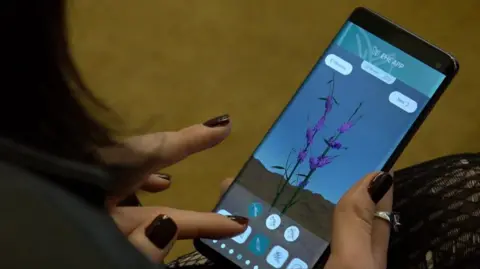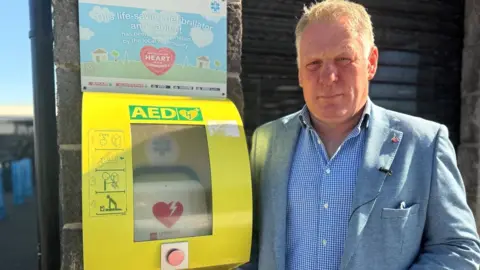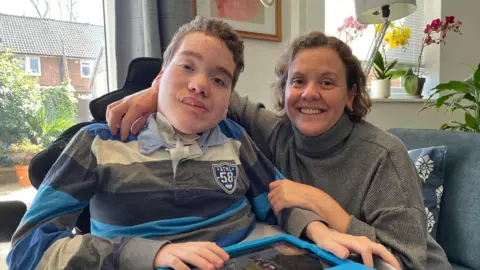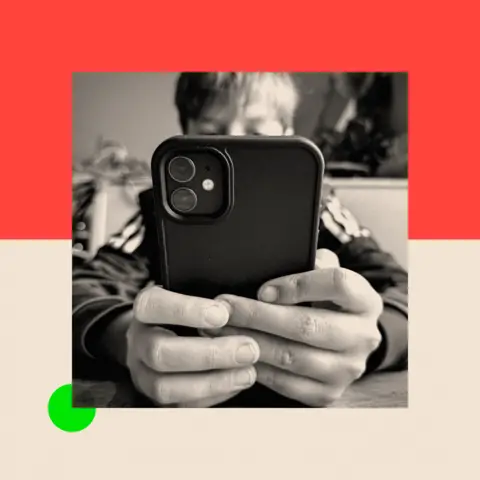Augmented Reality App Shows Promise in Reducing Anxiety and Boosting Social Connection Among Teenagers
A new augmented reality (AR) application developed by Cardiff Youth Service is demonstrating potential for significantly reducing anxiety levels and increasing social connection among teenagers struggling with school attendance and social isolation. The innovative program, which utilizes a mobile device to overlay digital images onto the user’s physical surroundings, offers a novel approach to mental wellbeing support.
The app allows young people, like 16-year-old Lili and 15-year-old Jonas, to design virtual elements – currently focusing on creating supportive structures for flowers to grow – and interact with these creations within their own environments. Users can then superimpose these digital images onto their physical surroundings using the device’s camera, effectively creating a ‘sun in your living room,’ as Counselor Angela McMillan described it. This process encourages playful interaction and provides a safe space for exploring emotions.
The project originated from observations of young people in the south Wales valleys who were facing difficulties attending school due to anxiety and social isolation. Counsellor McMillan’s initial goal was to explore how technology could be harnessed for good, moving beyond individualistic solutions to foster shared experiences. The app’s success is attributed not only to its engaging gameplay but also to its ability to facilitate communication and a sense of belonging amongst users.
Initial pilot results show a “significant reduction in levels of anxiety” among participants, according to McMillan. Crucially, the AR experience has been linked to increased social connection – with young people using the devices not just individually but collaboratively, moving around their physical spaces and interacting with each other in a playful manner. Research from Cardiff University supports this finding, highlighting the importance of play for child development.
The program is being piloted in schools in Cardiff and Swansea, following initial feedback from The Children’s Commissioner for Wales, Rocio Cifuentes, who emphasized the need for evidence-based interventions that also prioritize listening to young people’s needs. With school attendance remaining a significant challenge since the pandemic – with figures doubling showing an increase of children missing over 10% of their schooling – this technology offers a potentially valuable tool.
The application is particularly well-suited for individuals who are neurodivergent, providing a visual and engaging way to express feelings. Cardiff council has emphasized that young people were central to the app’s development, ensuring it aligns with their preferences and communication styles. The program’s focus on fostering a sense of belonging and providing a comfortable channel for self-expression is seen as key to its potential success in improving mental wellbeing and promoting school engagement.











Post Comment